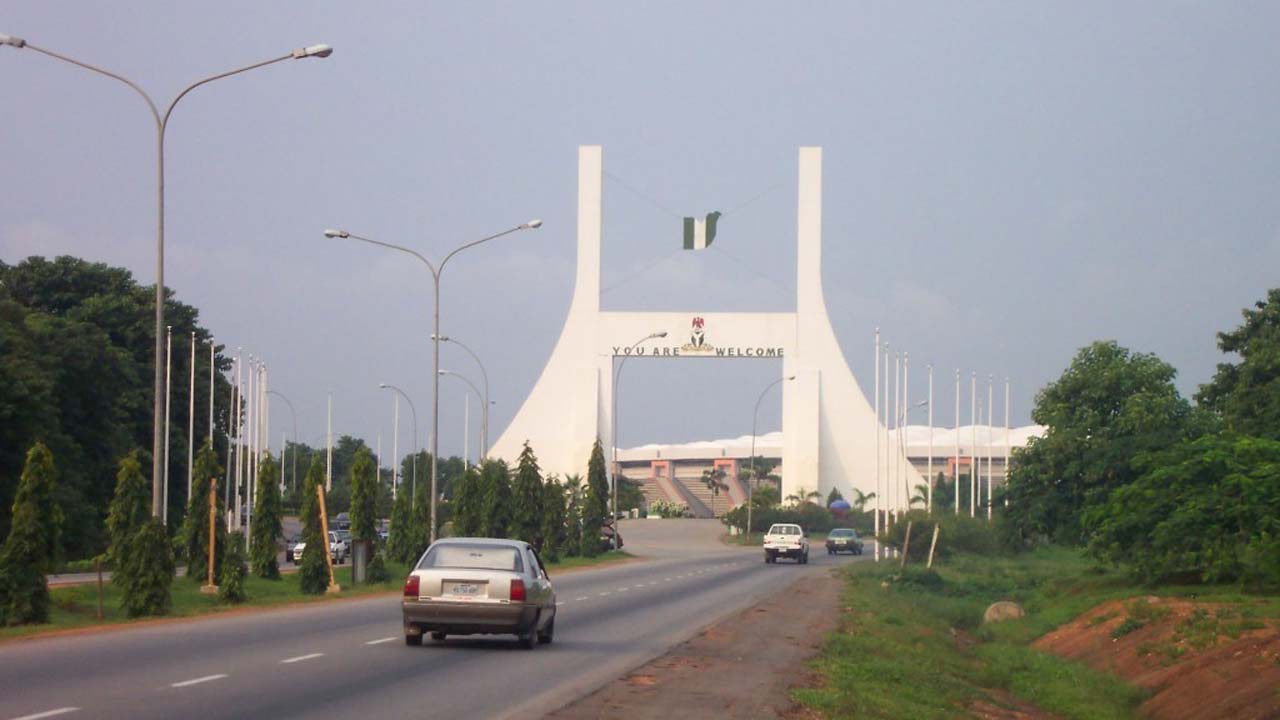Nigeria is one of the fastest-growing economies in Africa, but its growth has been largely driven by the oil sector. We are all aware of the numerous challenges, including poverty, unemployment, and poor infrastructure. To address these challenges and achieve sustainable development, there is a need to diversify the economy and invest in the knowledge economy and innovation ecosystem.
I have always imagined that a key part of this departure from oil will involve exploring strategies to turn Nigeria’s capital, Abuja, into an innovation ecosystem for sustainable development and an economic powerhouse to rival Lagos. Beyond politics and real estate, I believe the FCT not only has the potential but necessarily needs to rise beyond just being the seat of power and become a hub for innovation and knowledge-based industries.
The first step in transforming Abuja into a knowledge economy and an innovation ecosystem is to create a supportive policy and regulatory environment. This involves the development of policies that support innovation and entrepreneurship, as well as the creation of regulatory frameworks that protect intellectual property rights and ensure fair competition.
Luckily, the FCT is certainly leading in this regard with remarkable ease of doing business and a generally accessible regulatory environment thanks to the numerous secretariats of the FCDA, agencies like the Abuja Enterprise Agency (AEA), The Abuja Infrastructure Investment Centre (AIIC) and the headquarters of some national bodies like the Nigeria Investment Promotion Commission (NIPC).
With many one-stop-shops for small and medium enterprises in the capital, you could register a business and acquire licenses and permits including NAFDAC and others in Abuja easier and faster than in state in Nigeria.
Investing in research and development is crucial for the development of a knowledge economy and an innovation ecosystem. This involves the establishment of research and development centres and the provision of funding for research and development activities.
It also involves the promotion of collaboration between researchers, entrepreneurs, and policymakers. Unlike policy and regulatory environment point, Abuja needs more in terms of research and development.
With one pan-African university, a formidable federal university and numerous private universities, Abuja’s PhD per capita needs to rise and more R&D needs to be recorded across the academic and private sectors.
Corporates need to invest in situating their R&D in Abuja in order to bring in the necessary talent to drive innovation in the capital.
I am one of those entrepreneurs actively and deliberately putting efforts in seeing that all my company’s R&D and technical heavy lifting is situated in the capital and thereby adding to the ecosystem in investment and talent.
Talking about talent, developing human capital is essential for the success of a knowledge economy and an innovation ecosystem. This involves the provision of quality education and training that equips individuals with the skills needed to thrive in a knowledge-based economy.
It also involves the promotion of lifelong learning and the development of a culture of innovation and entrepreneurship. Beyond just academic learning, hands-on, apprenticeship-style of learning must be instituted and promoted.
Also, tertiary education should be re-imagined to adapt to the skills need especially in Science, Technology and Mathematics (STEM).
Entrepreneurship is a key driver of innovation and economic growth and is a proven way to commercialise the invention. To foster entrepreneurship in Abuja, the city needs to provide support even more for start-ups and small and medium-sized enterprises (SMEs). This enables access to funding, mentorship, and access to networks and resources, all of which the FCT has in abundance.
Like I have highlighted, with the presence of agencies like the Abuja Enterprise Agency (AEA), Abuja Technology Village (ATV), and the more national Small and Medium Enterprises Development Agency of Nigeria (SMEDAN), Abuja should lead entrepreneurship acceleration in Nigeria.
With President Muhammadu Buhari’s landmark signing of the Startup Act, it would only be befitting for Abuja to become the epitome of the new Nigerian economy with transformational companies and entrepreneurs from the capital.
Developing infrastructure is crucial for the success of a knowledge economy and an innovation ecosystem. This includes the provision of high-speed internet, affordable and reliable electricity, and efficient transportation systems. It also involves the development of more innovation hubs that provide entrepreneurs with the resources they need to succeed.
In addition to all the above, collaboration with international partners can help Abuja tap into global knowledge networks and access funding and other resources. This involves the establishment of partnerships with universities, research institutions, and businesses in other countries. Transforming Abuja into a knowledge economy and an innovation ecosystem is a complex process that requires the collaboration of policymakers, business leaders, and academics.
However, I do believe the FCT is well on track and needs to do only a little more deliberate action in this regard to create a remarkable shift in the innovation and economic landscape of the country.
Essentially, I have the utmost conviction that the FCT can leverage its strengths and address its weaknesses to become a hub for innovation and knowledge-based industries. This will create jobs, reduce poverty, and contribute to Nigeria’s economic growth and development.




